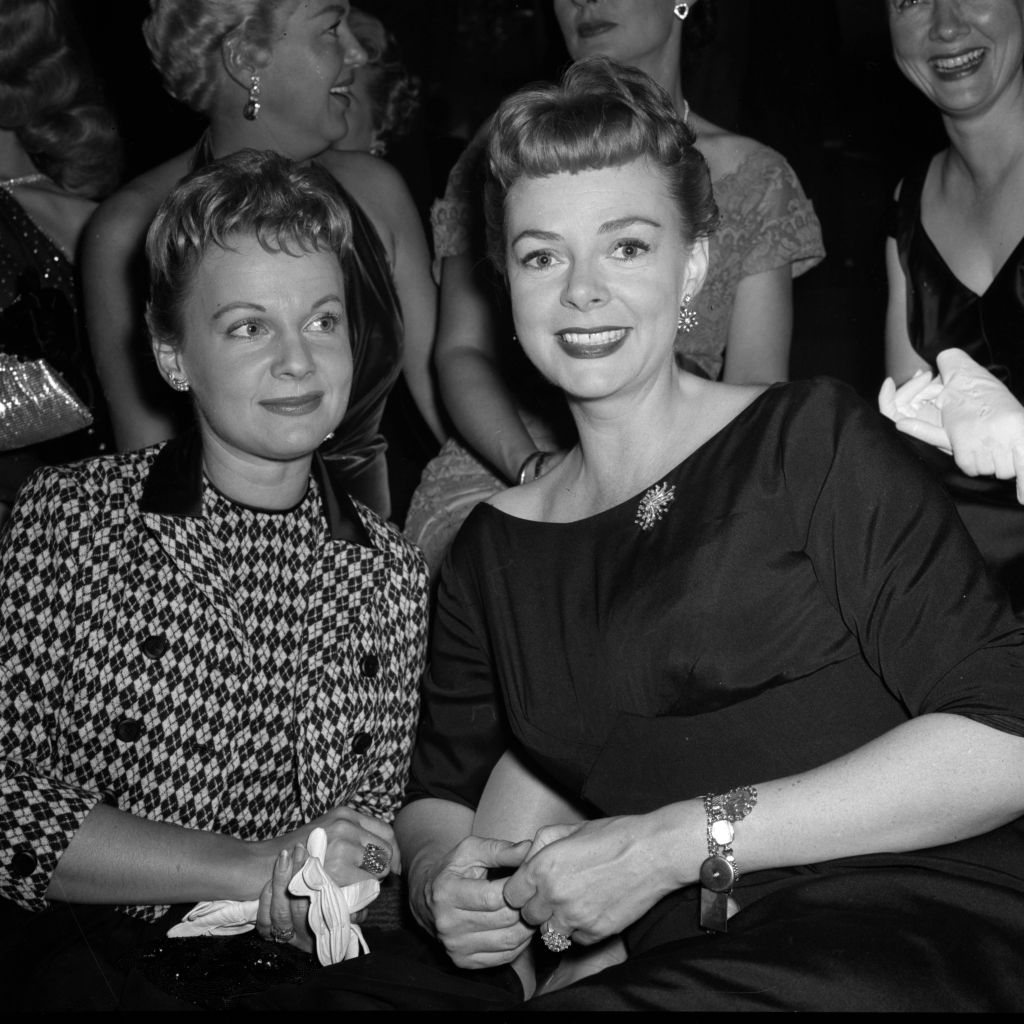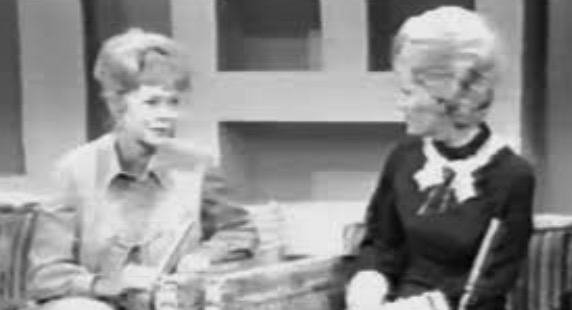Actress June Lockhart, beloved for her roles in Lassie and Lost in Space, has passed away at the age of 100.
But her legacy went far beyond the screen — she also made headlines for courageously defending gay people when almost no one else in Hollywood would.
No matter the role, no matter the show, June Lockhart was serotonin.
Bu the now, the iconic actress who became a mother figure for a generation of television viewers, has died. June passed away on October 23, 2025, of natural causes, in her home i Santa Monica.
I could go on forever about her impact on Hollywood and the countless films and shows she brought to life. But instead, let’s take a look back in the archives.
A devout Roman Catholic
June Lockhart was practically born for the spotlight. Growing up in a deeply theatrical family, it seemed only natural that she would become an actress. Her father, Gene Lockhart, and her mother, Kathleen, were both well-known figures in theater and film, while her grandfather was a celebrated concert singer.
Lockhart was also a devout Roman Catholic and a mother of two daughters, whom she had with her first husband, John F. Maloney. But her love life took a dramatic turn when she met architect John Lindsay just before Christmas in 1957 at a holiday party. Sparks flew. She eventually divorced Maloney and secretly married Lindsay in 1959.

“Women search all their lives for a marriage like this,” Lockhart said in 1960. “And I’m not about to jeopardize mine in any way. John and I are constant companions. I’ve never met anyone I enjoy being with so much.
Combating homophobia in 1970
The marriage lasted 11 years, ending in 1970 — the same year Lockhart appeared on The Virginia Graham Show. Graham, the gravel-voiced talk show queen of the ’60s and ’70s, was famous for her bold and unfiltered interviews, and Lockhart’s appearance would go down in history.
On the show, Lockhart sat down with Rev. Troy Perry, founder of the Metropolitan Community Church, for one of television’s earliest and bravest conversations about homosexuality, less than a year after the Stonewall riots, when the word “gay” was barely spoken on TV.
Rev. Perry explained that his church offered a spiritual home for gay and lesbian Christians who had been rejected by their congregations. He spoke with calm conviction, emphasizing that everyone deserves love and happiness, regardless of whether they are in heterosexual or homosexual relationships.
Lockhart listened closely, then made a statement that was simple but revolutionary at the time: no one has the right to judge another person’s life or identity, especially experiences they’ve never lived.
Basically, she called out homophobia.
For 1970, Lockhart’s words were astonishing. Here was a beloved Hollywood star, the very image of wholesome mainstream America, publicly standing for empathy and acceptance, long before it was fashionable or safe.
In that moment, June Lockhart wasn’t just an actress; she became a quiet pioneer for inclusion, using her fame to expand the nation’s morality and compassion.
In the wake of Lockhart’s passing, this clip has gone viral online, with many praising her bold and unwavering stance.
“Damn, she was ahead of her time. Respect,” wrote a Reddit user.
“Holy shit, June Lockhart face tattoo just became an option,” wrote another.
“June grew up in a well-known theatrical family, so she knew a lot by the time she became an adult. She was surrounded by gay people from childhood, so it all felt completely normal to her. Practicing homosexuality was still a crime in many parts of the country in 1970, so staying silent or avoiding the topic was common, and Virginia Graham’s somewhat clumsy approach wasn’t unusual,” chimed in another.



